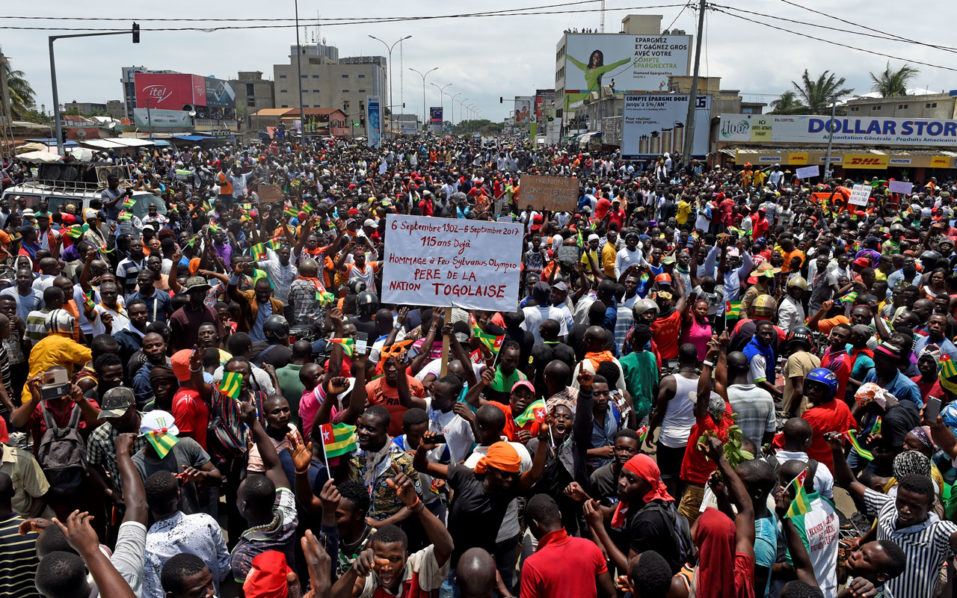Togo blocks the internet
September 11, 2017 | Expert Insights

In the midst of anti-government protests in Togo, the authorities blocked internet access from the region for six days.
Public have grown increasingly vocal against the Gnassingbé political dynasty in the country.
Background
Togo is a small country in West Africa that is dependent on foreign aid. The region used to be a French colony but received independence in 1960. The poverty levels are high and illegal ivory poaching is rampant in the area. Additionally, reports have emerged of human rights abuses that exists within the country. Amnesty has noted that security forces use far too much force against demonstrators. The organization states, “Arbitrary arrests & detentions, torture & other ill-treatment, and impunity for human rights violations persisted.”
For the past 50 years, the region has been under the rule of the powerful Gnassingbé family dynasty. The patriarch, Gnassingbé Eyadéma was in power from 1967 to 2005. Before he became the President, he had participated in two successful coups in the country. Those who had opposed him in elections in 1998 and 2003 claimed that the process had been fraudulent. His son, Faure Gnassingbé, is the current President of Togo. Prior to becoming the President, he had been appointed as the Minister of Equipment, Mines, Posts and Telecommunications (2003-2005) by his father. He had been in power since 2005.
Analysis
There have been increased number of protests in 2017. People have voiced their discontent against the Gnassingbé family having been in power for decades. Protestors have demanded term limits to ensure no one remains the President for a protracted period of time.
In August 2017, two people were killed due to an outbreak of violence during one of the protests. People once again took to the streets to rally against the current government on September 2017. On the second day of the protests, authorities blocked the internet access across the region.
The government has tried to appease the opposition by introducing a bill to reform the nation’s constitution. However, critics have still expressed their concern noting that this would not bring any effective change in the government. They argue that the current President would remain in power at least till 2030.
The United Nations has urged the government to address the problems of the protestors. Mohamed Ibn Chambas, the UN Special Envoy for West Africa and the Sahel has requested the opposition and the government to maintain peace. He said, “I remain convinced that all parties want to move forward on the reforms ... in order to reach a consensus to respond to the legitimate expectations of the Togolese people.”
The government restored the internet connectivity after a six day blockade.
Assessment
Our assessment is that Faure Gnassingbé is vulnerable in Togo. The growing discontent within the country could reflect poorly on the government domestically and internationally. Unless he is able to show that the government is willing to address the concerns of the public, he may not be able to hold onto power for much longer.








Comments